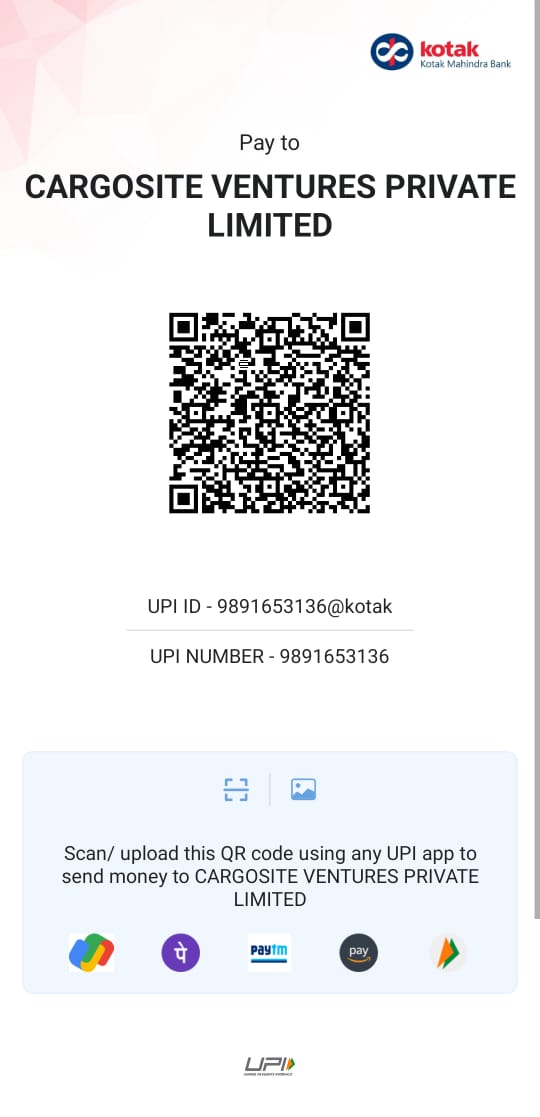For a customized and attractive quotation, please contact with your product details to Rekha Atri (+91 98118 03136) or Manju Laur (+91 9711994042).
Overview of EPRA Certificate for Battery Waste:
EPR is a concept in which manufacturers, importers and producers of batteries are held responsible for their products entire lifecycle from production to disposal. This means that they are legally obligated to take measures to ensure that used batteries are collected, recycled and disposed off in an environmentally responsible manner.
Battery waste, especially from disposable and rechargeable batteries, can pose serious environmental hazards due to the presence of toxic chemicals and heavy metals. To establish eco-friendly handling of discarded batteries, the Ministry of Environment, Forests and Climate Changes issued the Battery Waste Management Rules 2022, replacing the earlier Battery (Management & Handling) Rules 2001 on August 22, 2022.
EPR Authorization for battery waste typically involves setting up collection systems, recycling facilities and safe disposal methods for end-of-life batteries. Manufacturers and importers must fund and organize the collection and recycling of these batteries which helps reduce the environmental impact and promotes the conservation of valuable resources.
EPR Authorization for battery waste is an essential component of a sustainable waste management system, reducing the burden on public waste management infrastructure and preventing the contamination of landfills. It encourages producers to design more environmentally friendly and longer-lasting batteries as they now bear the responsibility for the entire product life cycle.



